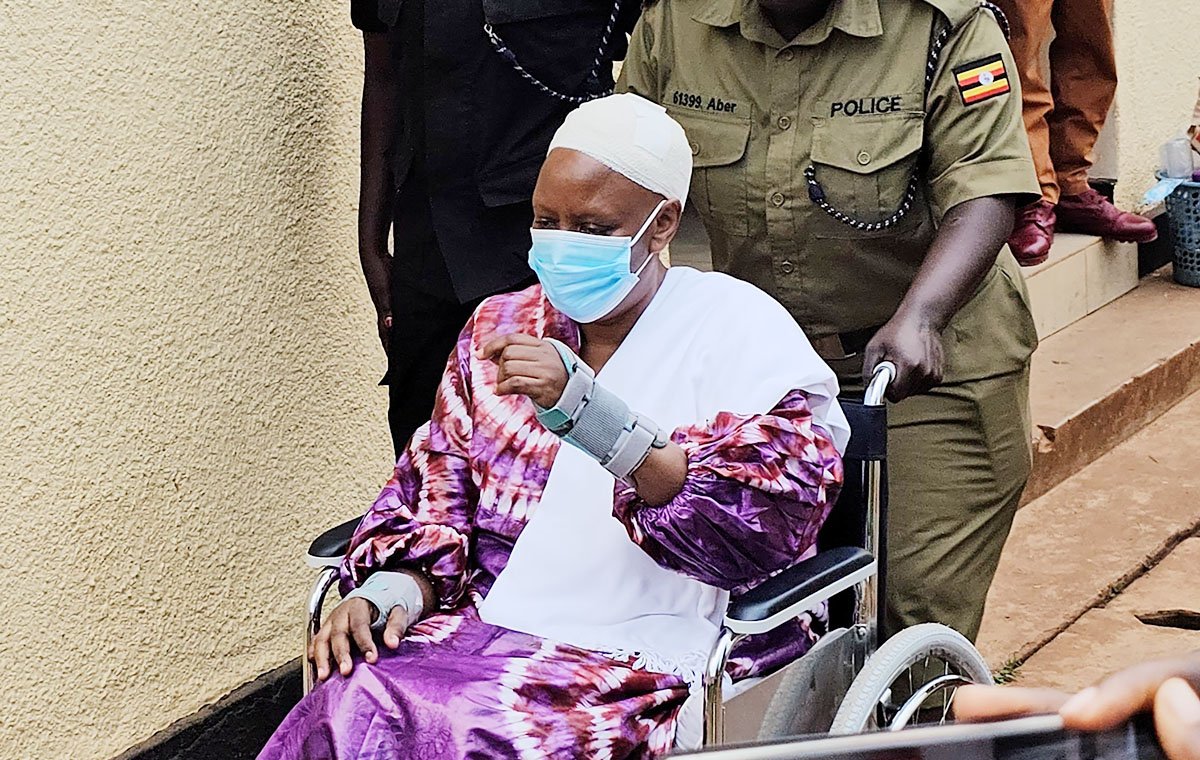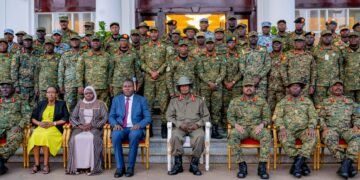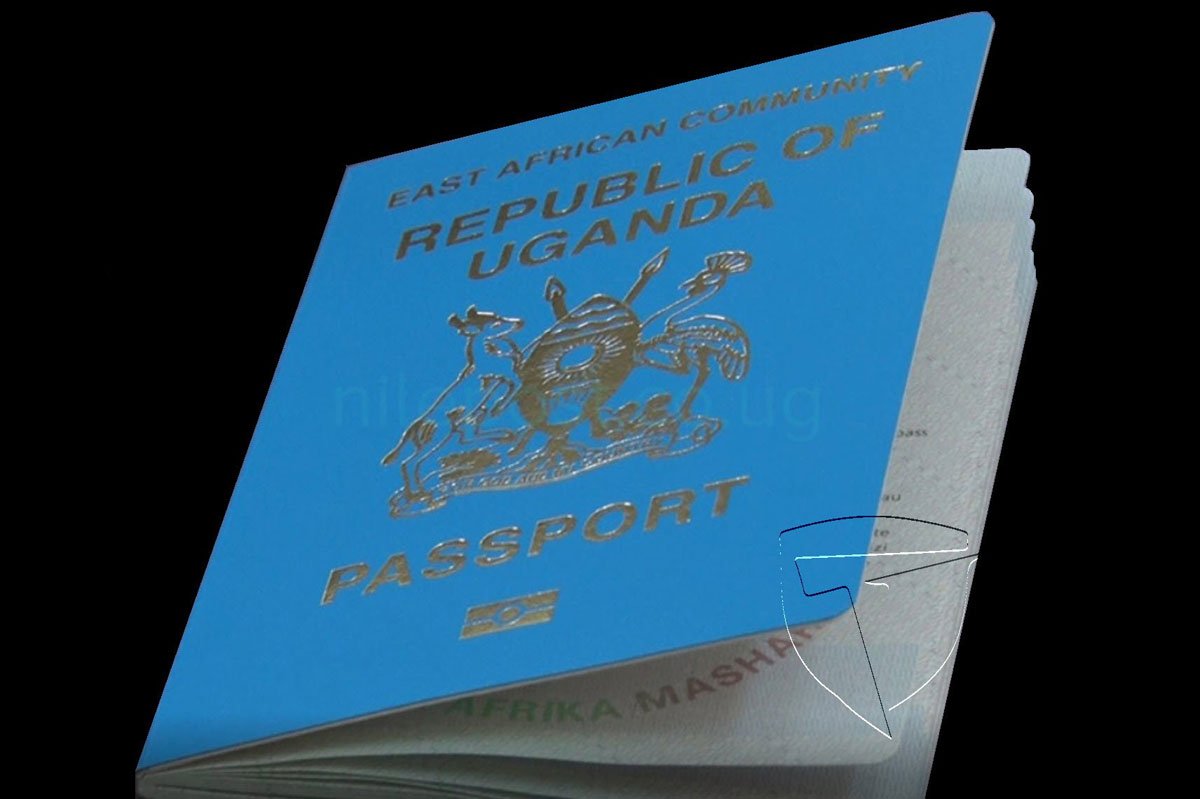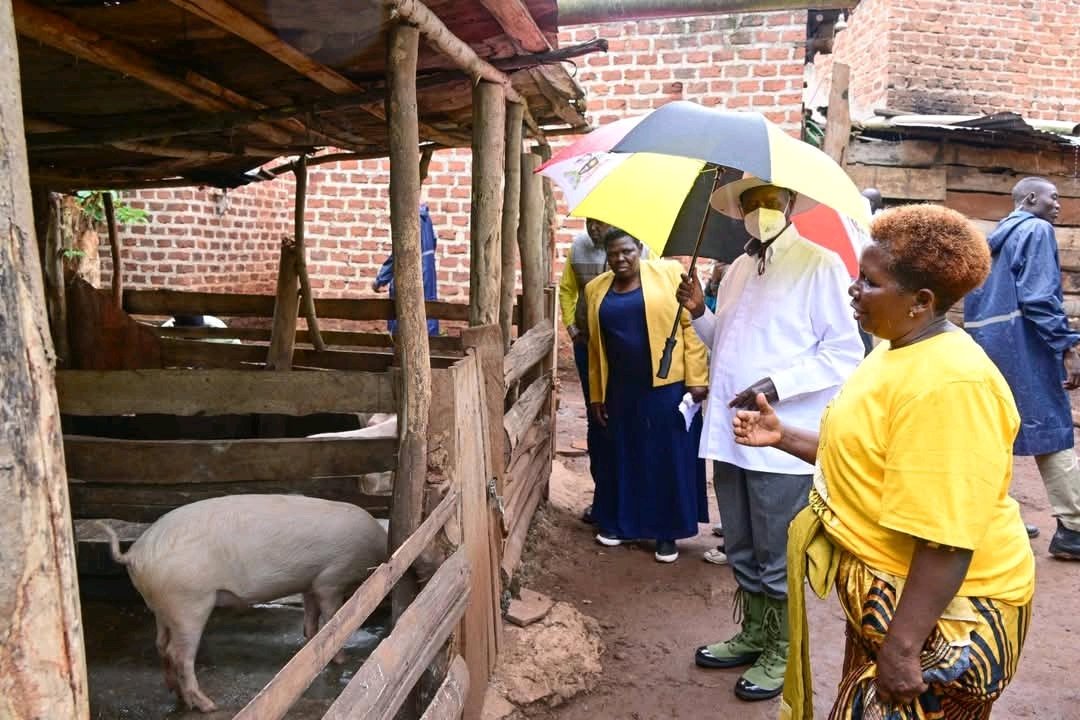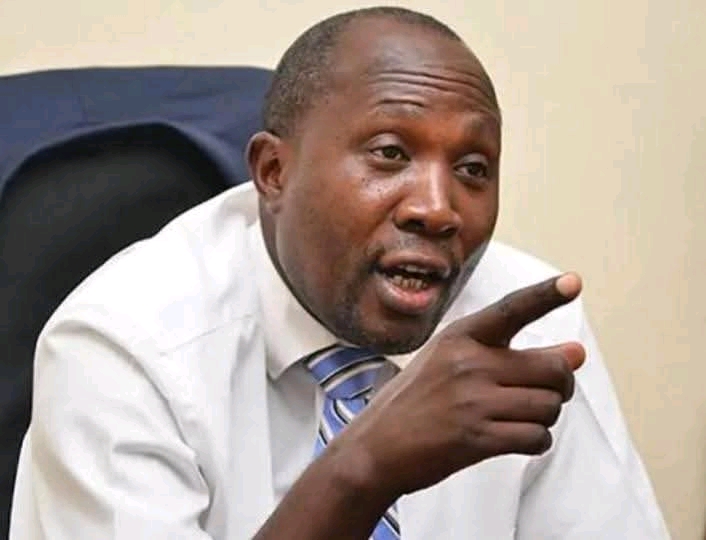Parliament has passed the Uganda Peoples’ Defence Forces (UPDF) Amendment Bill, 2025, granting military courts the authority to try civilians under certain circumstances. The move has sparked significant controversy, as it directly contradicts a January 2025 Supreme Court ruling that declared such trials unconstitutional .
The bill, introduced by Defence Minister Jacob Oboth-Oboth, permits military tribunals to prosecute civilians found in possession of restricted military equipment or accused of collaborating with soldiers in serious crimes such as treason, aggravated robbery, or murder . Proponents argue that the legislation is essential for national security, aiming to deter armed criminal activity and political militancy .
However, the bill has faced strong opposition. Opposition lawmakers, led by Leader of the Opposition Joel Ssenyonyi, staged a walkout during the plenary session, condemning the bill as unconstitutional and accusing the ruling National Resistance Movement (NRM) of undermining judicial authority .
Legal experts and human rights organizations have also criticized the bill, expressing concerns over potential abuses and the erosion of fair trial standards .
The UPDF Amendment Bill now awaits President Yoweri Museveni’s assent to become law. Given his vocal support for the legislation, it is expected to be signed promptly .
This development has raised alarms among civil society groups and international observers, who fear that the law could be used to suppress political dissent ahead of the 2026 general elections.
The opposition has vowed to challenge the legislation in court, setting the stage for a potential constitutional showdown .




